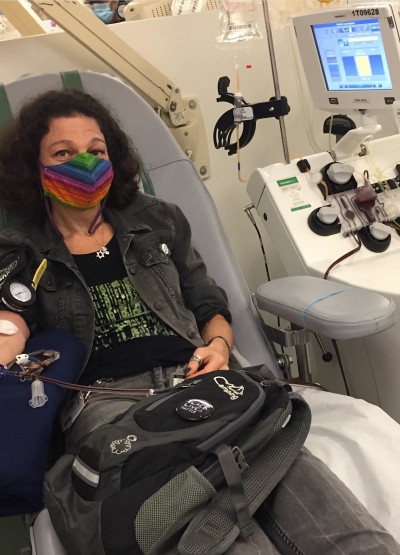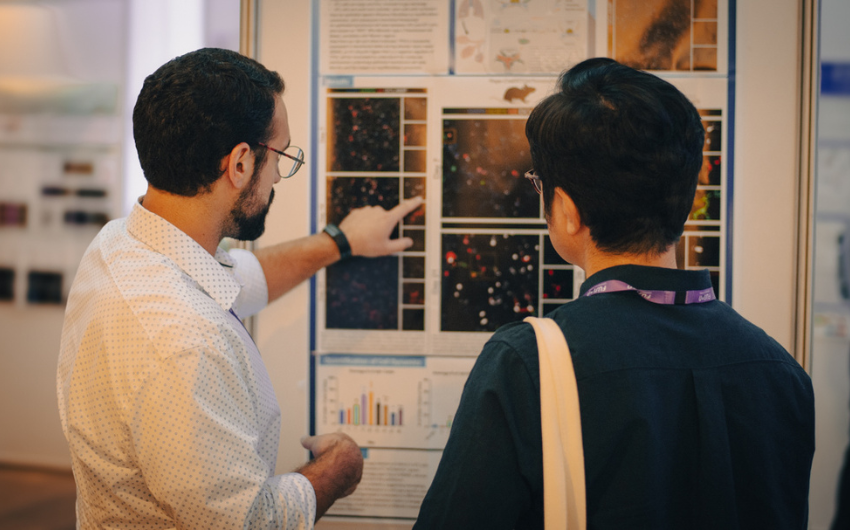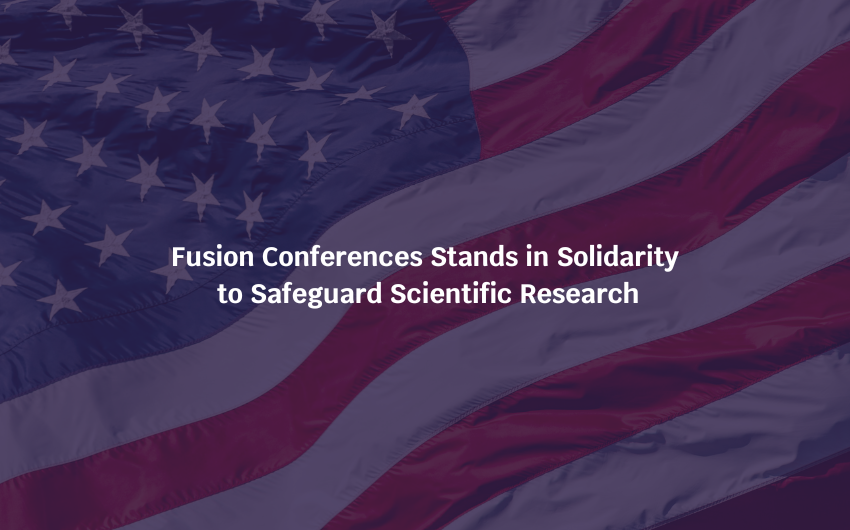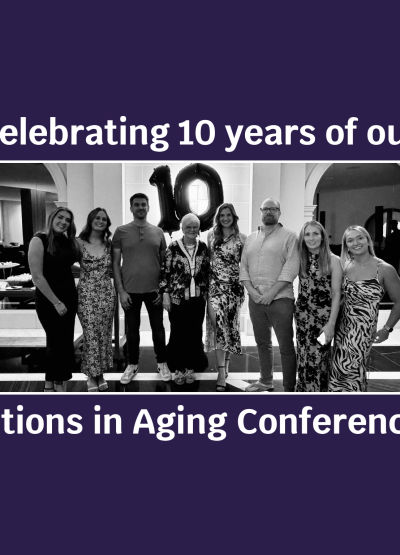
Participation in the 2nd Recombination Mechanisms Conference has significantly impacted my doctoral research on biomarkers for chemotherapy response in breast cancer by enhancing my knowledge on the molecular mechanisms underlying chemotherapy resistance and treatment response. The conference provided not only professional insights into DNA repair and recombination mechanisms, but also the opportunity for valuable interactions with world leaders in the field. These interactions have greatly enhanced my research on biomarker detection, breast cancer, and neoadjuvant chemotherapy response. The sessions on how BRCA2 and RAD51 function in DNA repair processes have provided me with a better appreciation of the molecular mechanisms by which breast cancer can be driven and become resistant to therapy. More importantly, the control of RAD51 by BRCA2 is highly promising in identifying candidate biomarkers that may presage response to therapy. There was discussion on the telomere maintenance and how SLFN11 mediates chemotherapy resistance, describing how genetic instability and repair mechanisms shape neoadjuvant chemotherapy responses. Moreover, the meeting provided a great platform for early-career investigators to present ongoing projects and the latest technologies, including cryo-EM and protein modeling. Such technologies are crucial for advancing our understanding of protein interactions and structural biology. Discussing such new technologies will definitely help my research in finding biomarkers that can predict the responsiveness of neoadjuvant chemotherapy and eventually improve treatment outcomes in breast cancer. The Crete venue was extremely inspiring, providing the ideal combination of learning and fun in the guise of its rich gastronomic heritage, historic significance, and academic environment to make the whole experience both enjoyable and informative.
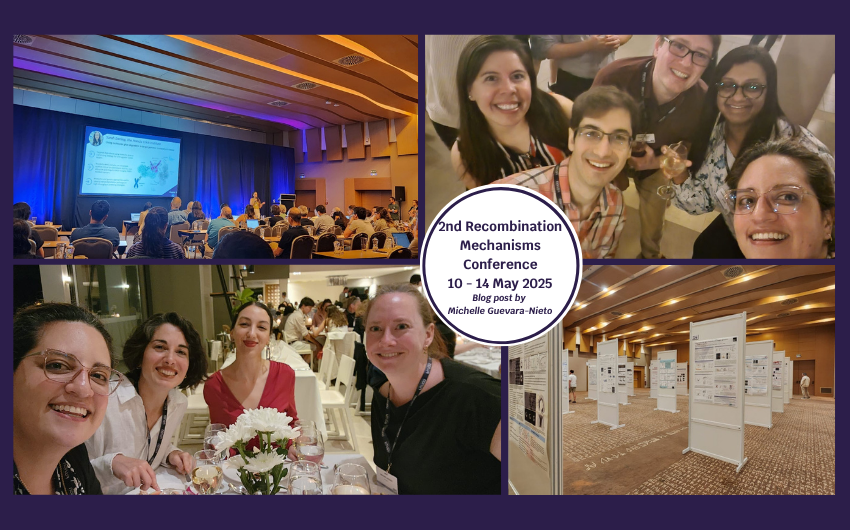
Blog post by Michelle Guevara-Nieto, M.Sc
PhD candidate
Instituto Nacional de Cancerologia - Colombia

